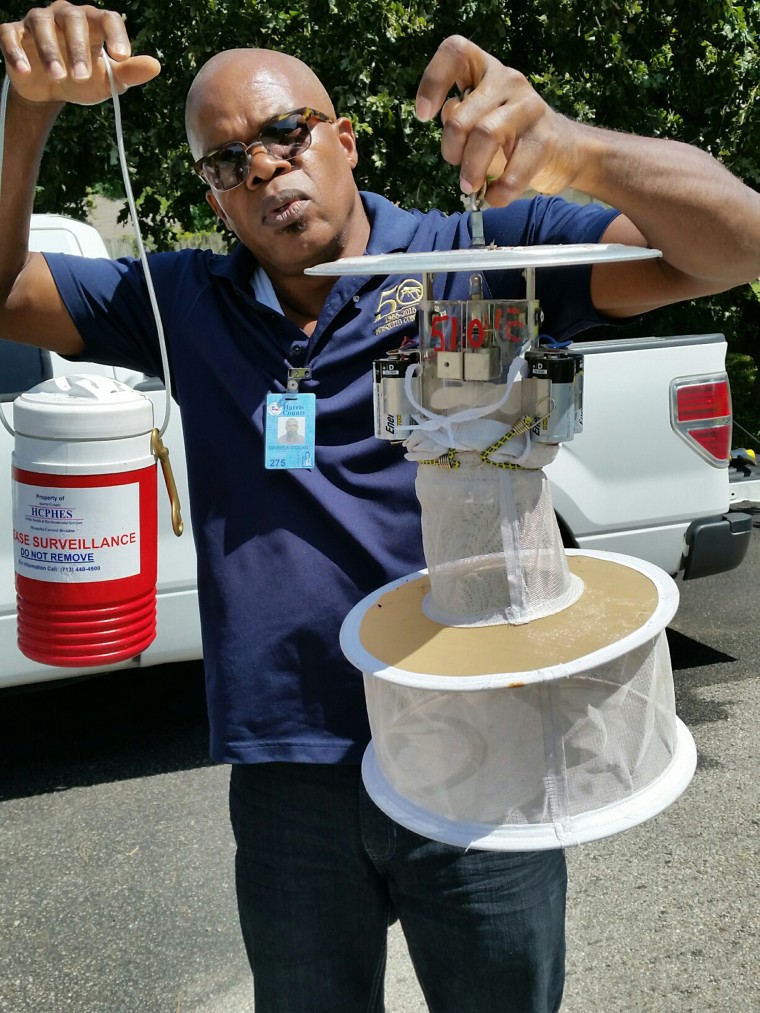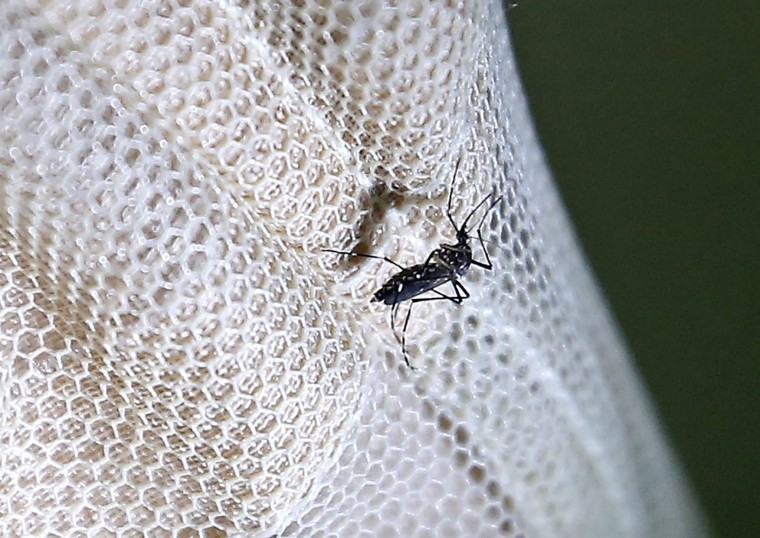Brownsville, Texas, is now a "yellow" Zika virus zone that pregnant women should avoid if possible, health officials said Wednesday.
Last week, Texas officials reported five home-grown cases of the mosquito-borne virus in the border city, and it’s still warm enough for the insects to be active, the Centers for Disease Control and Prevention said.

“CDC is designating the city of Brownsville as a Zika cautionary area (yellow area),” the CDC said.
“Local spread of Zika virus by mosquitoes has also been reported in Mexico along the United States-Mexico border,” the CDC added.
Related: Zika Arrives in Texas
“With the new information that there has been local spread of Zika for at least several weeks, we conclude that pregnant women should avoid the Brownsville area — and make every effort to prevent mosquito bites if they live or work there,” said CDC director Dr.Tom Frieden.
The virus, which can also be transmitted sexually, could be spreading quietly.
“Because many people with Zika virus infection will not have symptoms or will have only mild symptoms, additional people may be infected,” the CDC added.
Zika only causes symptoms in about 20 percent of people who get it. But pregnant women who get infected risk having babies with birth defects.
Related: Zika Damages Fetuses in 6 Percent of Infected Women
“In addition, active Zika virus spread may not be apparent yet, given that the incubation period for Zika virus infection can be as long as two weeks and the diagnosis and investigation of cases can take several weeks,” the CDC said.
"We conclude that pregnant women should avoid the Brownsville area — and make every effort to prevent mosquito bites if they live or work there."
Last week, Florida health officials said the last active Zika zone in the Miami area was clear, although the state still continues to have locally acquired cases and the CDC still considers Miami a yellow zone for pregnant women.
Related: Who Should Worry About Zika?
The CDC says pregnant women should consider postponing travel to Brownsville, and those who live in the area should strictly follow steps to prevent mosquito bites.
Men who could make a woman pregnant also need to protect themselves from bites so they cannot infect anyone else.
“CDC continues to encourage everyone living in areas with Aedes aegypti and Aedes albopictus mosquitoes, especially pregnant women and women planning to become pregnant, to protect themselves from mosquito bites.”
The CDC usually only mentions Aedes aegypti mosquitoes, the only species shown to transmit Zika to people. But in theory Aedes albopictus or Asian tiger mosquitoes, which have a much bigger territory than Aedes aegypti mosquitoes, could spread it.

